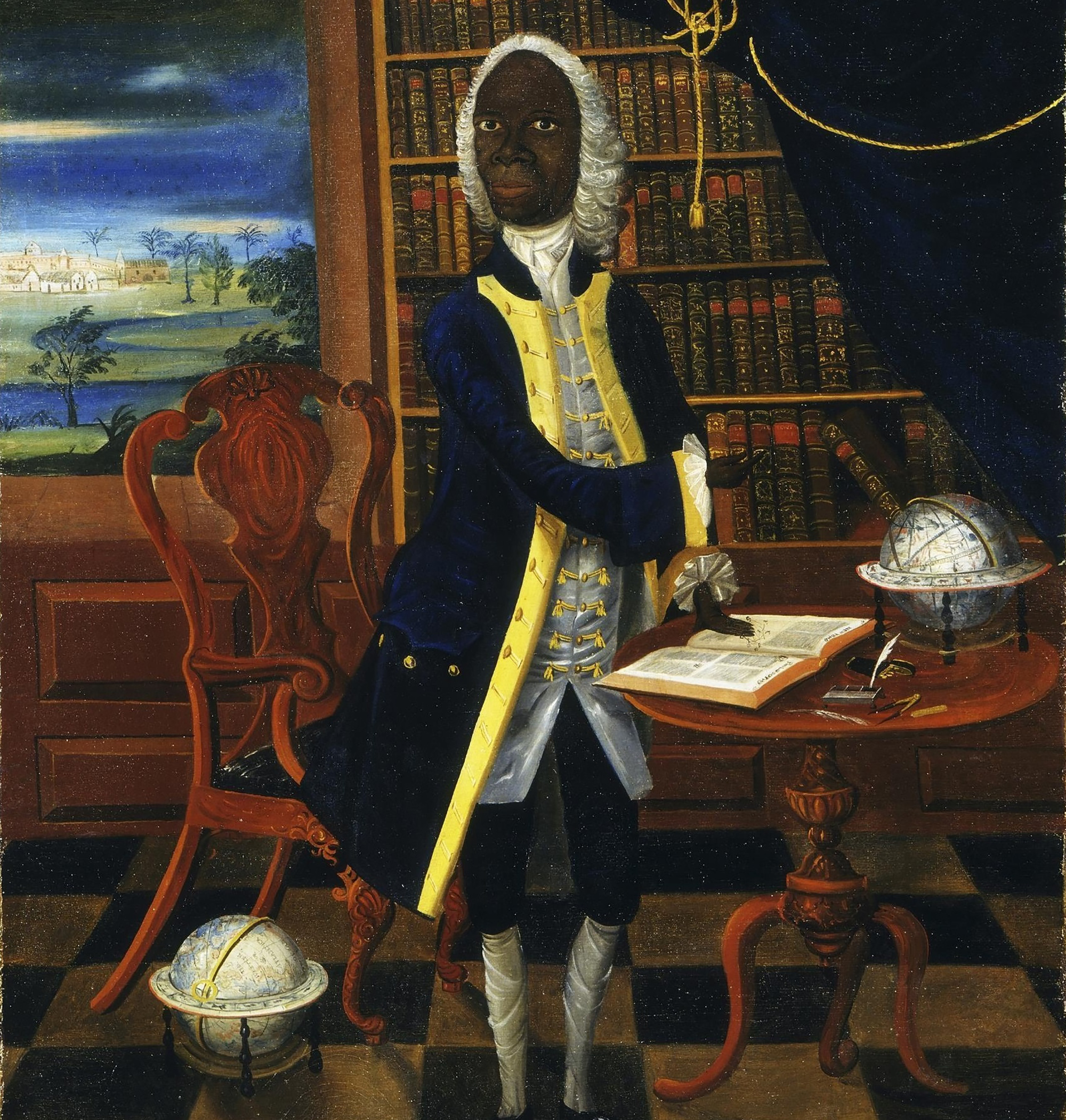Black people can't swim
- Martinique, 1679. A slave ship sank in front of the island and an African slave, whose name has not been preserved, was swimming for 60 hours until he reached the ground. Whites would take over 300 years to officially match this brand.
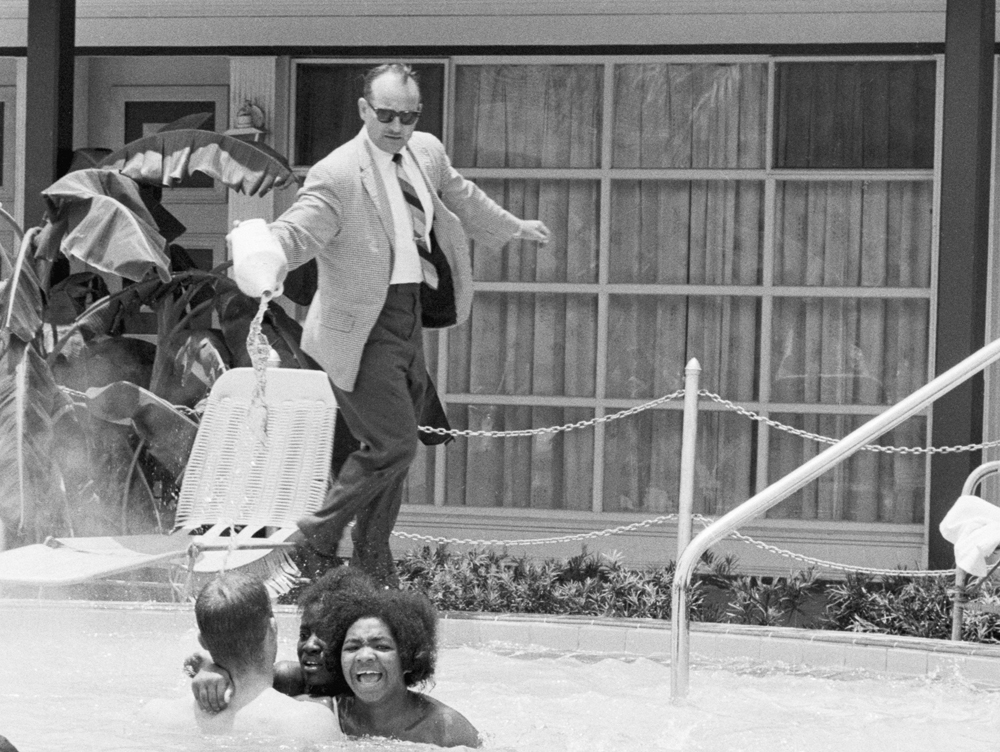
In 1831, a Kentucky slave named Tice Davids threw himself into the Ohio River to flee. The master chased this man on a boat downstream, until he lost sight of the slave and gave him death. But the swimmer managed to reach Ripley (Ohio) safely.
In 1884, a settler of European origin drew an African swimming. As you can see in the drawing, the African is in Australian crawl style. The truth is that the Australian crawl almost twenty years later was “invented” by the Australian brothers Cavill, a quick and effective style that was originally described as a barbaric and in-European way of swimming in the West by the Native Americans, such as the Yamans, the good ones and the tehuelches, with the kickstart they used in the Salomon Islands.
These and other anecdotes were collected by swimming professor Lee Pitts Jr. in 2007, Black Splash: In the article entitled The History of African-American Swimmers. It follows from this collection that Africans in general were excellent swimmers and that blacks, traffickers and slaves, lost money for that skill.
Thus, effective methods were put in place to prevent live goods from escaping through water. For the slaves to be afraid of water, among other things, they would submerge the intractable slaves into the water to almost drown them, and spread stories about the fearful creatures that lived in the water. In the United States, after the end of the War of Secession (1861-1865), slavery was abolished, but in return, laws such as Jim Crow or laws of segregation were introduced. And they were in force from 1890 to 1965. In the main tourist areas of the coast, access to blacks was denied and later, when the pools spread, they were also placed the Whites poster only (white only).
There were also those who tried to provide a scientific basis for this induced divorce of blacks and water. Several studies conducted in the 1950s and 1960s indicated that black athletes have less fat than whites in general and that, due to the buoyancy of fat, blacks are not fit for swimming.
Fortunately, these hypotheses were immediately disproved. Unfortunately, the fear of water was already internalized and entrenched in black people, who believed they were bad at swimming. At the 2016 Rio Olympic Games, Simone Manuel won two gold medals and two silver medals; he was the first black swimmer to win an individual Olympic test. However, according to the U.S. Centers for Disease Control network, only three out of nine people drowning every year in that country are white, although they account for about 64% of the population.
Hamasei migrante atxilotu zituzten otsailaren 6an Baionan, etorkinen eskubideen aldeko elkarteek salatu dutenez. Dirudienez, Baionako prokuradoreak eman zuen agindua. Operazioa autobus geltokiaren eta Pausa harrera zentroaren artean gauzatu zuen poliziak, tartean, adingabekoak... [+]
I don't want my daughter disguising herself as a Gypsy in the caldereros. I don’t want Gypsy children at my daughter’s school to dress up as Gypsies in caldereros. Because being a gypsy is not a disguise. Because being a gypsy is not a party that takes place once a year, with... [+]
The most magical weeks of the year, or rather, the most consumerist, come. Many would like to receive gifts from Olentzero's bag, as if it fell from the sky, but the reality is that at Christmas it is our bags that suffer the most, we start the year with empty pockets. In the... [+]
London 1928. At the Victoria and Albert Museum there was a very special painting: in the painting there is a black man, with wig and Levite, surrounded by books and scientific instruments. Thus it was catalogued in the Museum: “Unique satirical portrait representing a failed... [+]












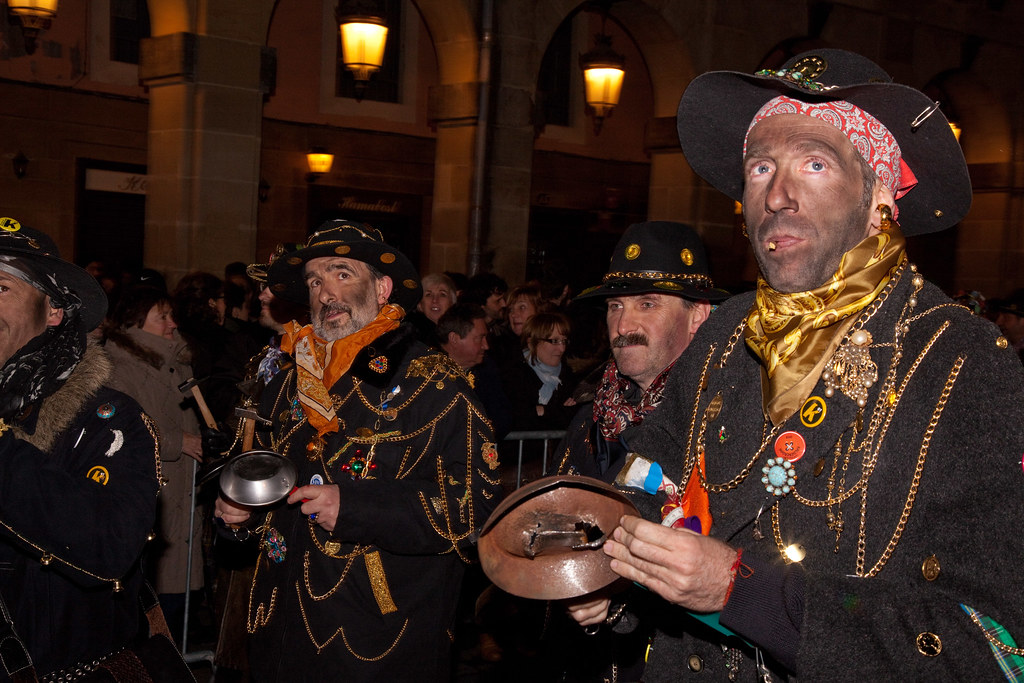

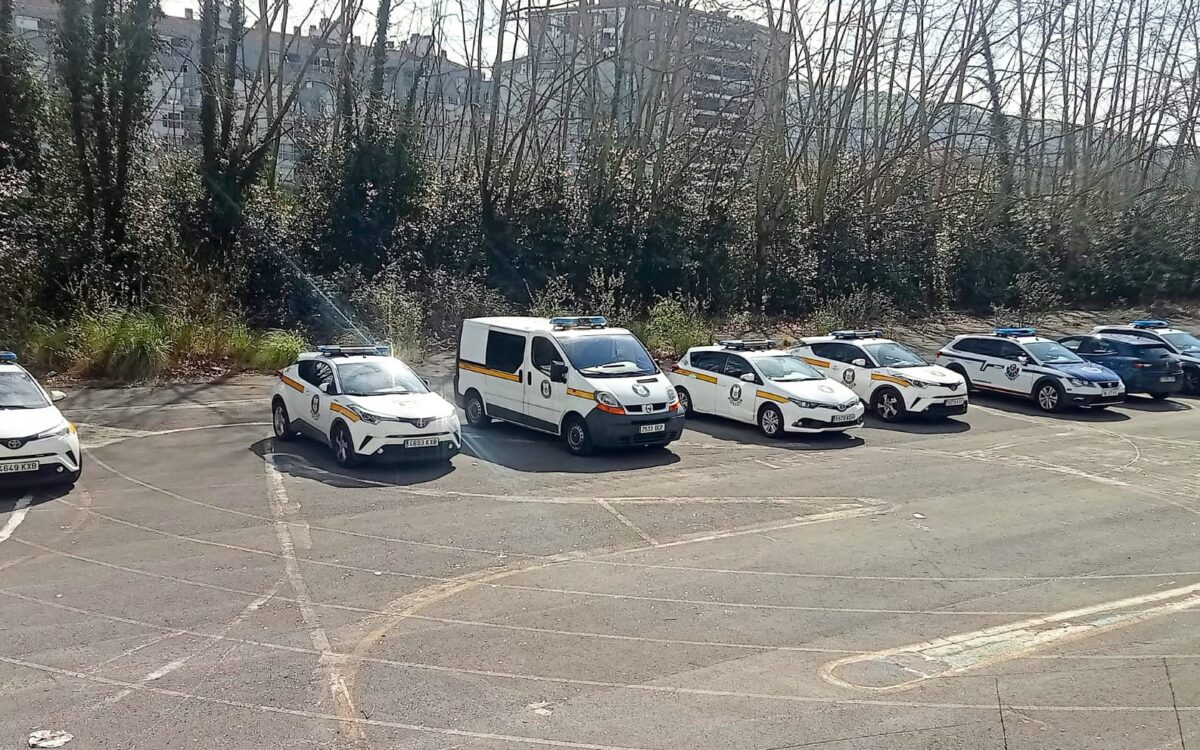
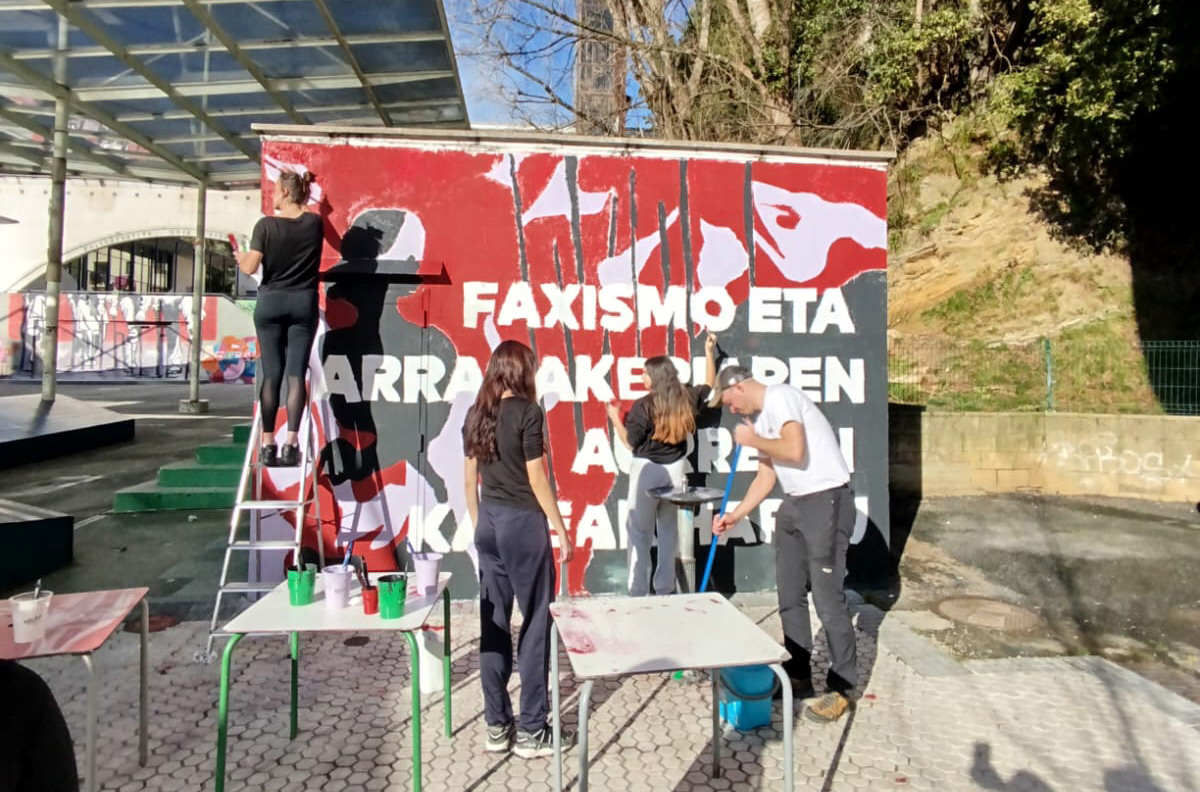
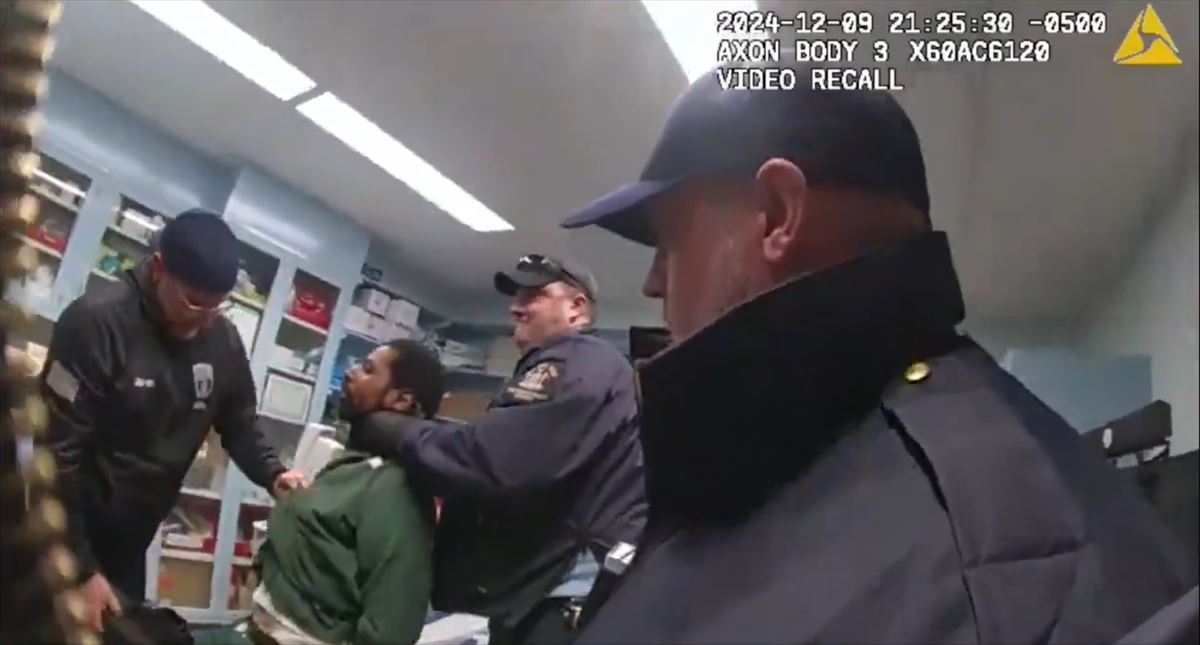
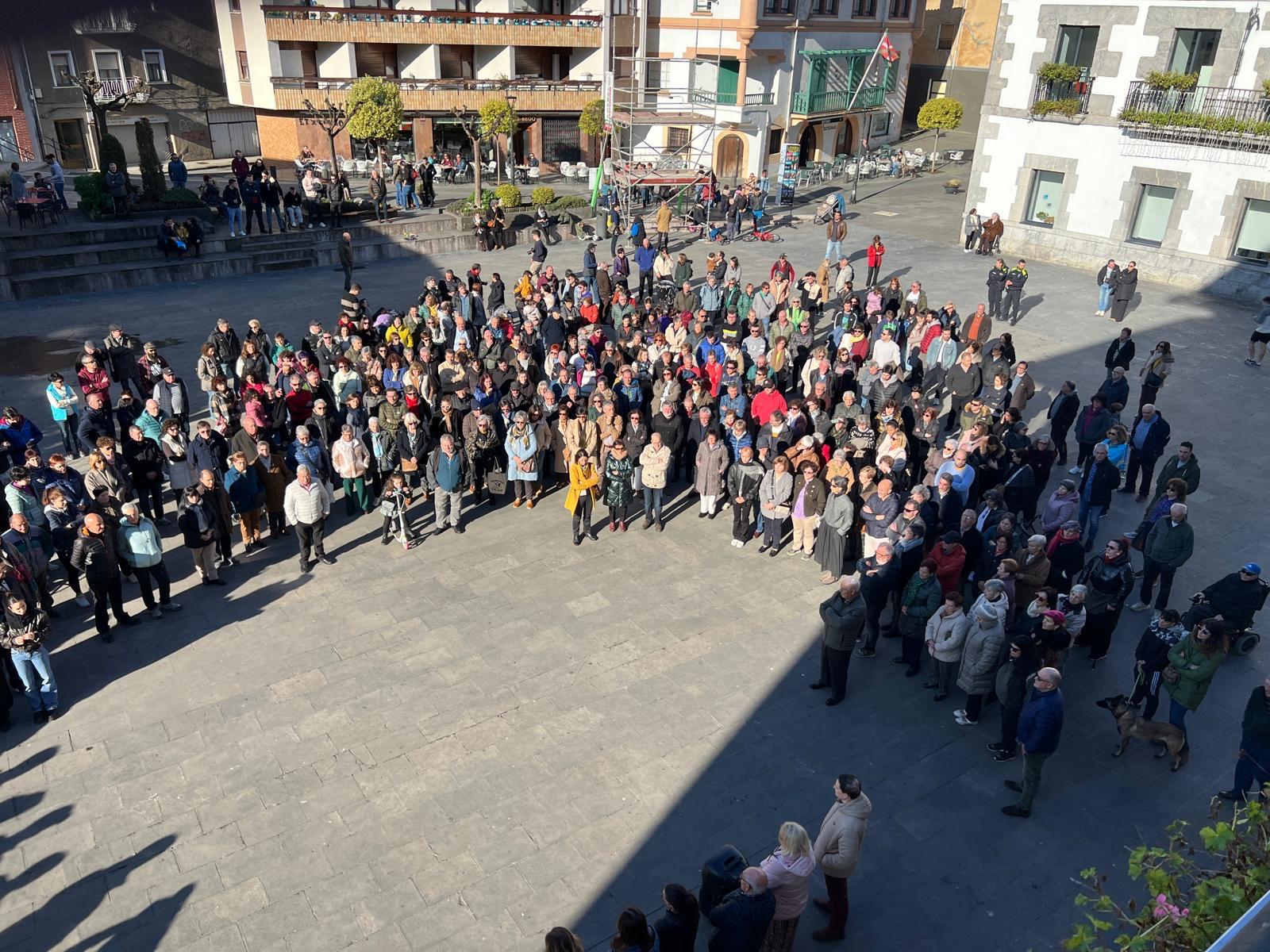

.jpg)




